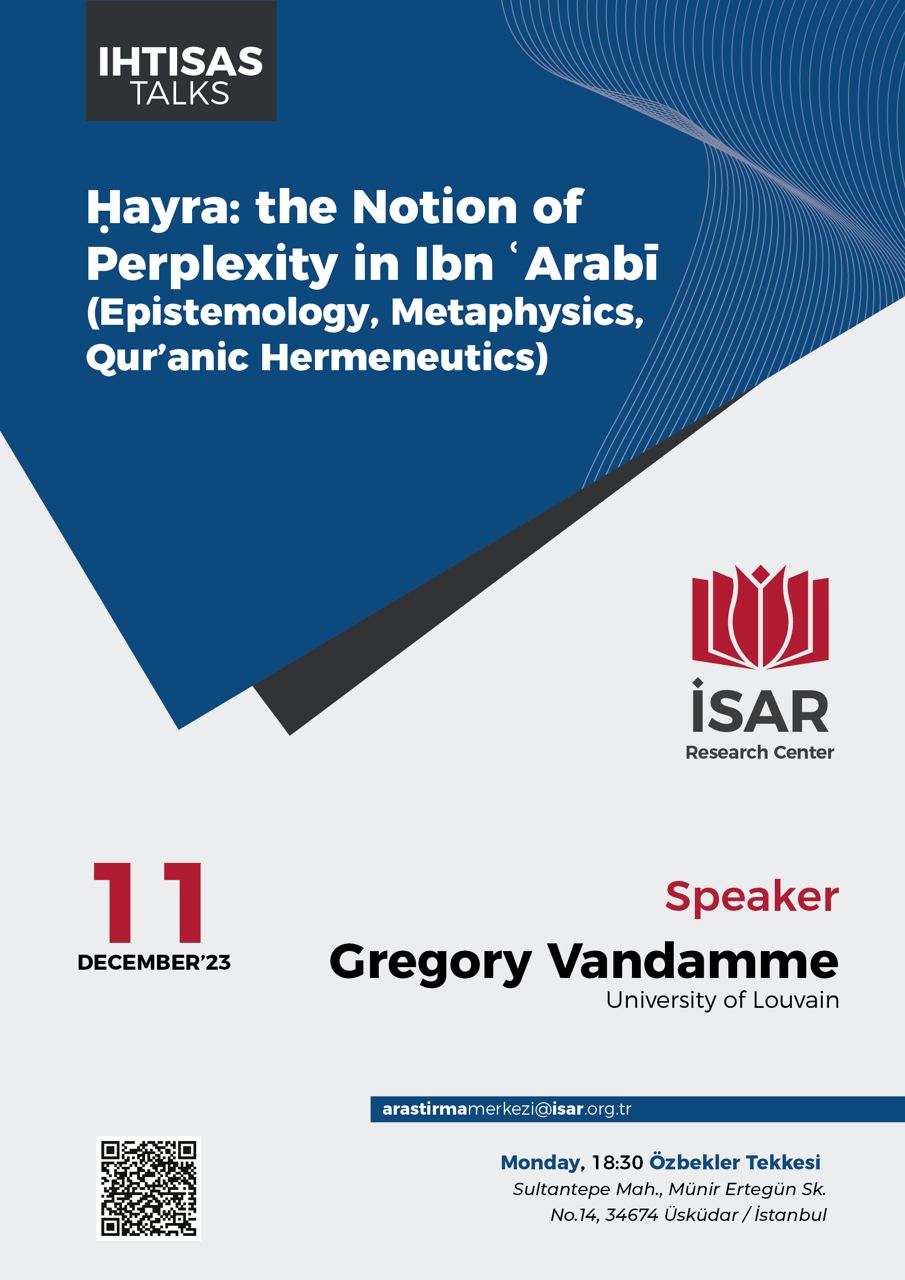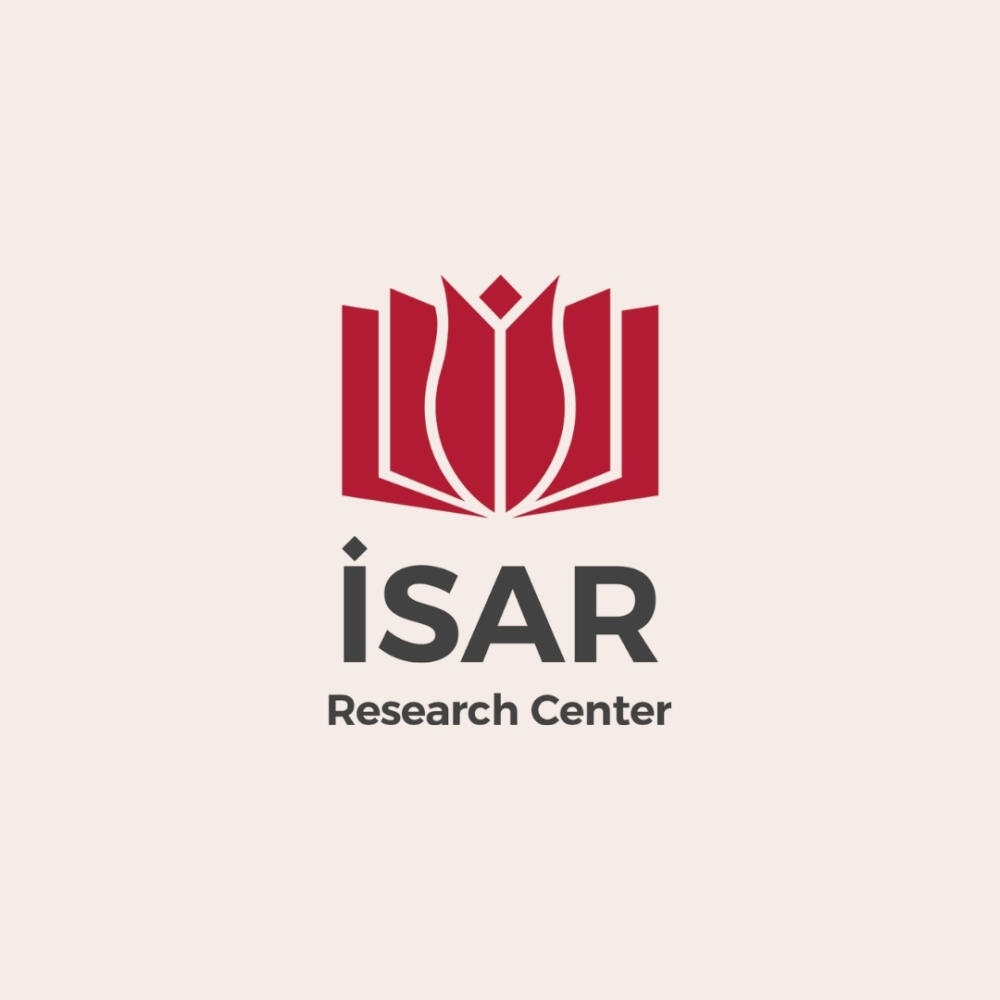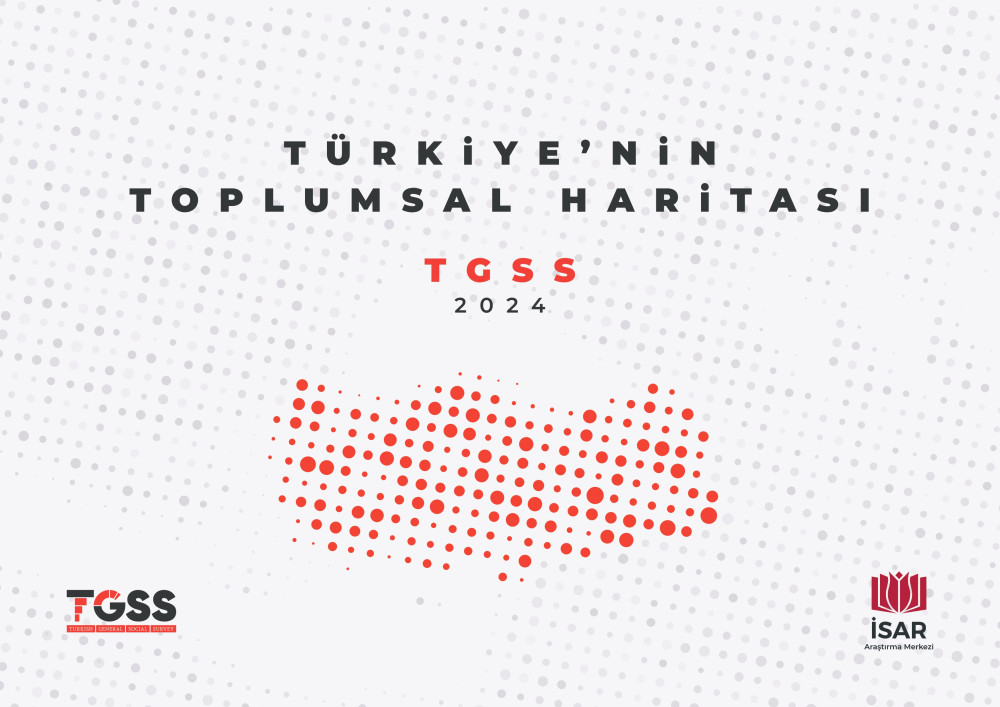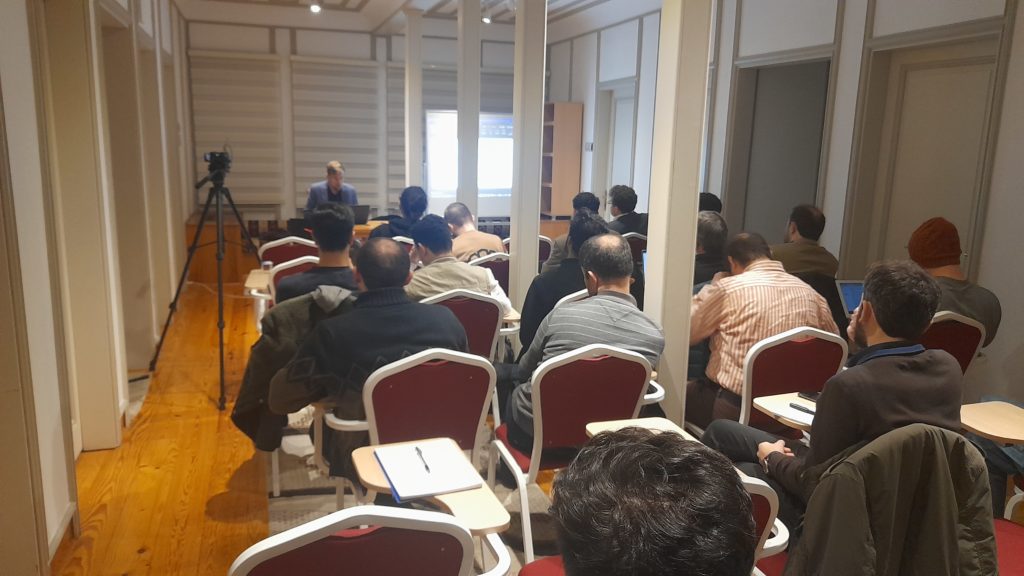
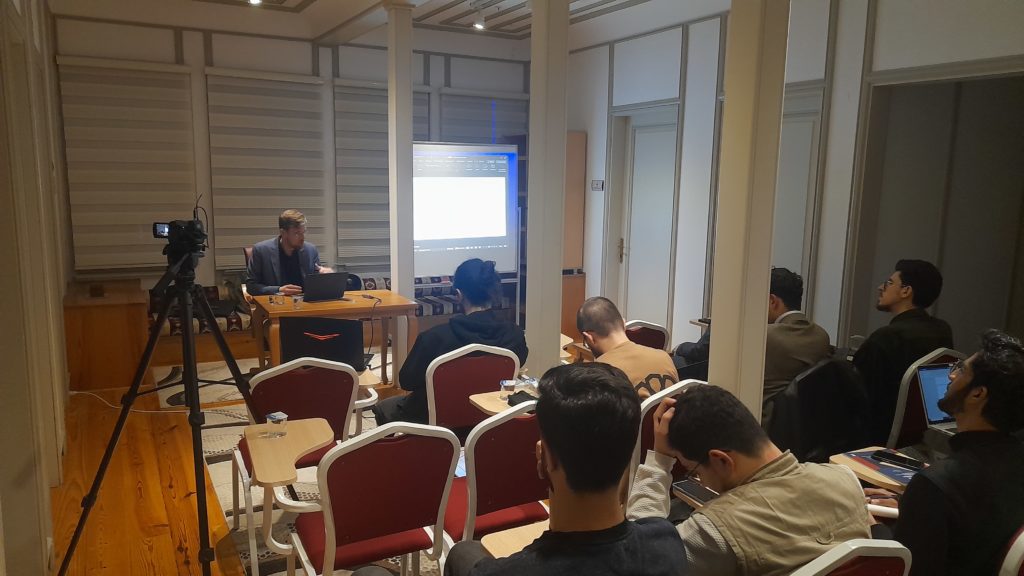
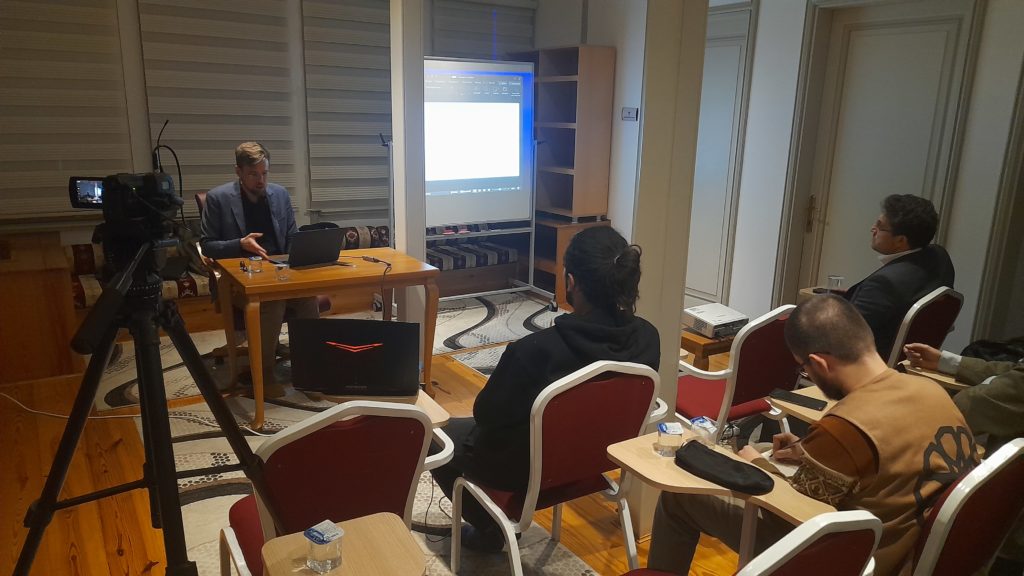
This article is translated from its Turkish original. Author of the Turkish original is Furkan Uçar who is a student at 29 Mayıs University Faculty of Theology
As part of the Ihtisas Talks series organized by ISAR Research Center, Gregory Vandamme from the University of Louvain gave a presentation titled "The Concept of Perplexity in Ibn ‘Arabi". At the beginning of his presentation, the speaker stated that the paradoxical relationship between the bewildering and inexpressible experience of pure perplexity and the articulation of rational, rigorous and coherent thoughts is at the heart of Ibn ‘Arabi's intellectual approach. Throughout the presentation, he discussed the position of the concept of perplexity in classical Islamic thought, particularly in Sufism and Ibn ‘Arabi's thought, from epistemological and metaphysical perspectives.
Vandamme described Ibn ‘Arabi's thought as a kind of speculative mysticism, as his own experience led him to think in a constantly renewed way and to develop his ideas rigorously. On the other hand, he stated that Ibn ‘Arabi was not limited to his own mystical perspective, as he was also a representative of a number of traditions of thought that came before him. The question of whether the sufis who preceded Ibn ‘Arabi also produced a kind of philosophical sufism that can be described as speculative mysticism formed the starting point of the speaker's thesis. Put differently, Vandamme sought to answer the question of whether Ibn ‘Arabi followed his predecessors who had produced a form of philosophical sufism before him or whether he encouraged an original form of thought.
Vandamme went on to argue that although the concept of perplexity was first used in sufi works in the 10th century, it was not very prominent as a central concept. Ibn ‘Arabi, on the other hand, in his work Fusūs al-Hikam, presented the concept of perplexity as a spiritual characteristic unique to the Prophet Muhammad (pbuh) and those who continue his scholarly and spiritual legacy. Vandamme underlined that his study aims to fill an important gap in the field, as there has not been enough research on a concept attributed such importance by Ibn ‘Arabi. Through this study, he stated that the concept of perplexity can emerge as a very productive field both in Ibn ‘Arabi's thought in particular and in the studies on sufism in general.
In the continuation of his speech, Vandamme stated that the aim of his study was to reveal the role of the concept of perplexity in Ibn ‘Arabi's system of thought and to determine whether it is a doctrine on its own. For this purpose, he presented the evolution of the concept of perplexity in the Islamic tradition until Ibn ‘Arabi and how the concept of perplexity is handled in epistemological and metaphysical contexts in Ibn ‘Arabi within the framework of his thesis. Accordingly, Ibn ‘Arabi repositions the concept of perplexity at the heart of his theory of knowledge by presenting it as a non-knowledge knowledge. According to him, knowledge of God is perplexity, and knowledge of creation is perplexity. This is the most perfect knowledge that is beyond human reach.
Vandamme stated that his study reveals that the concept of perplexity is related to epistemology, metaphysics, and quantitative arithmetic in Ibn ‘Arabi's thought. He added that this relationship was established by Ibn ‘Arabi in a very consistent, meticulous and original way. He concluded his speech by emphasizing that Ibn ‘Arabi put forward a system of thought that deserves to be studied more.

